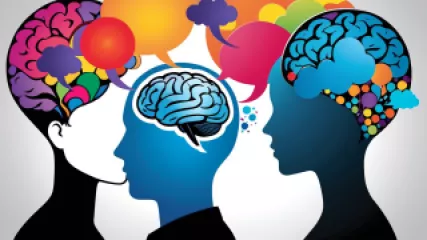Exploring the Therapeutic Power of Music: An In-Depth Interview
1 year ago
Psychology Of Music
How to Start Wellness Coaching for Self-Discovery
1 year ago
Wellness Coaching
Implementing Green Therapy Solutions for Sustainable Living
1 year ago
Psychology of Sustainability
Mastering Social Skills: The Ultimate Guide to Enhancing Your Interpersonal Relationships
1 year ago
Social Skills Training
How to Harness the Power of Positive Affirmations for Abundance
1 year ago
Positive Affirmations Impact
How Can Teens Benefit from Stress Coping Strategies?
1 year ago
Stress in Teens
How can environmental mindfulness techniques improve sustainability practices?
1 year ago
Psychology of Sustainability
Key Substance Abuse Recovery Resources: A Research Summary
1 year ago
Substance Abuse
Fostering Emotional Intelligence in Children Through Positive Parenting
1 year ago
Positive Parenting
Unveiling the Secrets of Personal Power: An Exclusive Interview
1 year ago
Personal Power in Psychology
Survivor Stories: Counseling for Workplace Bullying Victims
1 year ago
Workplace Bullying
Behind the Scenes: A Glimpse into Online Dream Coaching
1 year ago
Dream Interpretation
Spotlight: Conversations on Finding Happiness
1 year ago
Happiness
The Power of Taking Mental Health Breaks
1 year ago
Mental Health Break Importance
Identifying and Overcoming Cognitive Biases: A Practical Guide
1 year ago
Cognitive Biases














